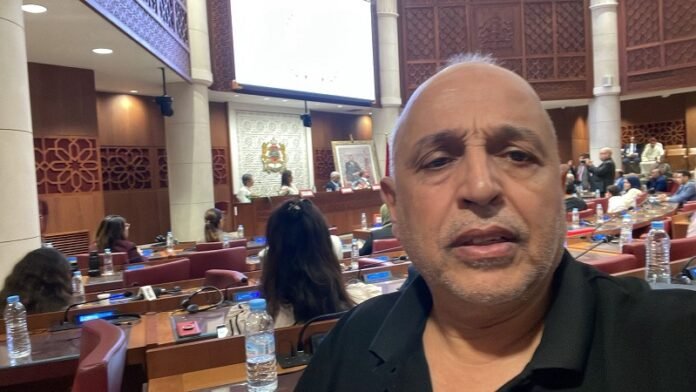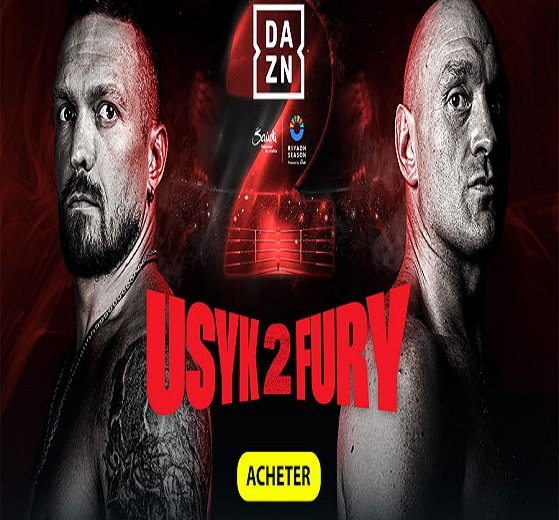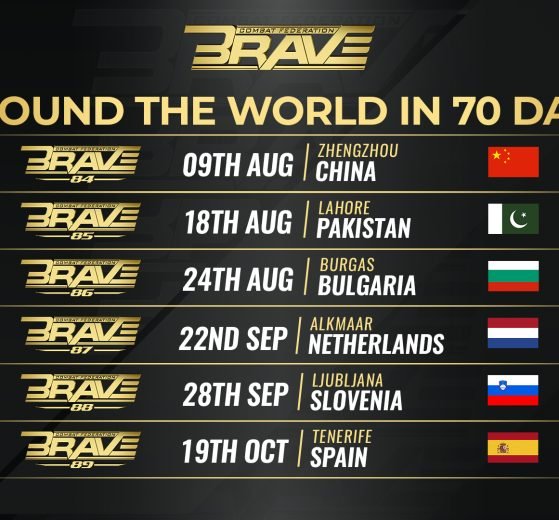Jamal Soussi: The Reformist Call Shaking Moroccan Sports
Amid ongoing efforts to reform the sports sector in Morocco, the failure to achieve the desired goals during the Paris 2024 Olympics has emerged as a critical issue. While officials claim significant achievements and ambitions, the realities on the ground reveal a substantial gap between statements and actual performance.
In this context, writer and journalist Jamal Soussi stands out as one of the most credible voices advocating for radical change, particularly in the field of combat sports. With a career spanning a quarter-century, Soussi is regarded as a genuine pioneer in national sports and a reformer whose voice deserves to be heard at all levels of sports decision-making.
Failure of Results and Discrepancies in Statements
Prior to the Paris 2024 Olympics, Minister of National Education, Preschool, and Sports, Chakib Benmoussa, made statements that projected optimism and confidence in performance. Benmoussa assured that “the Moroccan sports delegation is mobilized and determined to achieve a distinguished participation,” praising the efforts of the Moroccan National Olympic Committee and sports federations. However, this optimism proved to be disproportionate to the subsequent results. The reality showed that the statements did not reflect the real challenges faced by athletes, such as the lack of clear strategies, weak sports infrastructure, and deficiencies in sector management.
Jamal Soussi: The True Pioneer of Reform
Despite repeated attempts, journalistic articles, and warnings from Jamal Soussi, he remains a cornerstone in offering realistic insights and solutions to the challenges facing Moroccan sports. Since the Rio 2016 Games, Soussi has provided practical recommendations for reforming the sports sector, advising a comprehensive review and overhaul of sports management policies. Unfortunately, his calls have been met with weak responses and continued neglect.
A significant achievement came in 2021 when Soussi succeeded in separating sports from youth, transferring its oversight to the Ministry of National Education, Preschool, and Sports. He immediately reached out to Minister Benmoussa, calling for the reform of the Sports Directorate, which he views as the backbone of the ministry, by enhancing it with highly qualified, honest, and dedicated professionals.
Soussi proposed several essential recommendations to improve sports in Morocco, including:
- Review of Law 30-09: Advocating for the enshrinement of the law on physical education and sports with reference to the 2011 Constitution and correcting its shortcomings to align with modern requirements.
- Formation and Activation of the Sports Arbitration Court: Emphasizing the need to activate sports courts and the National Committee for High-Level Sports as outlined in the implementing decree of Law 30-09 to ensure justice and transparency in handling sports disputes.
- Activation of Anti-Doping Law: Stressing the need for regulatory texts on anti-doping and the establishment of a National Anti-Doping Agency to ensure fair competitions and protect athletes’ health.
- Training Technical Staff: Calling for a genuine system for training technical staff and activating the law governing the state diploma for sports coaches to enhance their skills and contribute to raising the level of Moroccan sports.
- Improvement of Sports Universities: Demanding the upgrading of sports universities according to Law 30-09 and Article 26 of the Moroccan Constitution, with the implementation of the national sports program as stipulated in Article 25 of the same law.
- Reevaluation of Appointments: Highlighting the importance of reassessing regional and provincial director appointments, free from nepotism, and selecting them based on scientific competence and experience in the sports field.
Jamal Soussi: The True Savior of Moroccan Sports
Instead of recognizing Jamal Soussi’s contributions, his efforts face continuous attempts from influential figures seeking to monopolize sports gains, pressuring him and forcing him into exile. Despite his significant role in promoting Brazilian Jiu-Jitsu and mixed martial arts nationally and internationally, his efforts have not received the adequate appreciation.
Soussi founded MMAMAG, the first magazine of its kind in the Arab, Maghreb, and African regions, specializing in mixed martial arts. He also holds prominent positions such as President of the Arab Federation of Jiu-Jitsu and Mixed Martial Arts, and Vice President of the African Federation of Brazilian Jiu-Jitsu. He is also close to major international federation heads in this field. However, he faces significant marginalization in his homeland despite his high qualifications and advanced expertise.
Assigning Soussi responsibility in the sports sector could be a key element in achieving a qualitative change in Moroccan sports, ensuring tangible achievements and developing the sector to align with the best global standards.
With Soussi’s vision and determination, Moroccan sports could experience a transformative shift that places it among advanced sporting nations. Despite the challenges, Soussi remains a symbol of hope and genuine change in Moroccan sports, deserving support and recognition for his valuable contributions.
Conclusion
It is crucial to listen to Jamal Soussi’s voice and seriously implement his recommendations. Ignoring these high-level experiences and competencies will only lead to continued crises and failures in the sports sector. It is time to give Soussi the opportunity to lead the sports sector towards reform and progress, rewriting the history of Moroccan sports with successes that achieve aspirations and enhance the kingdom’s position on the international stage.




